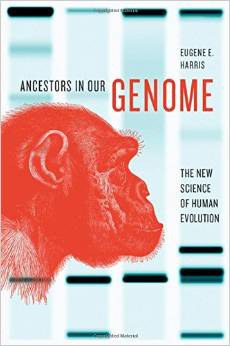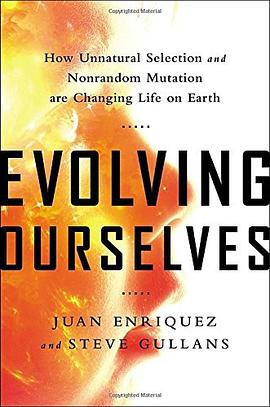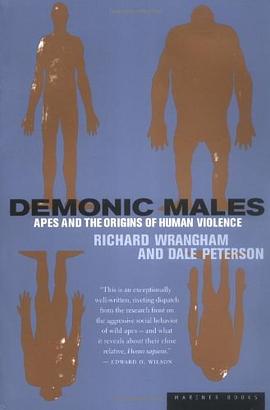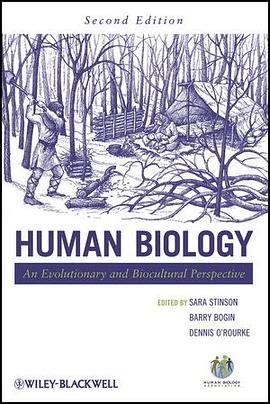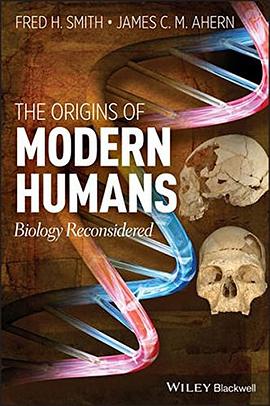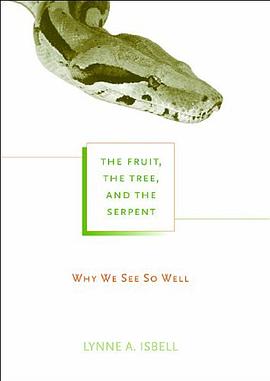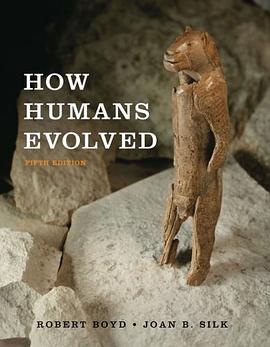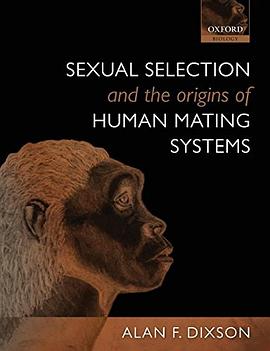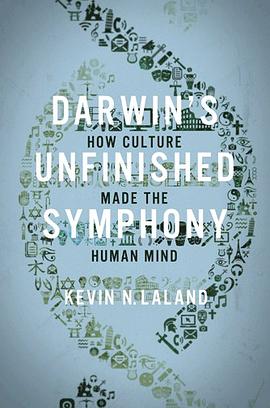

具體描述
Humans possess an extraordinary capacity for cultural production, from the arts and language to science and technology. How did the human mind—and the uniquely human ability to devise and transmit culture—evolve from its roots in animal behavior? Darwin's Unfinished Symphony presents a captivating new theory of human cognitive evolution. This compelling and accessible book reveals how culture is not just the magnificent end product of an evolutionary process that produced a species unlike all others—it is also the key driving force behind that process.
Kevin Laland shows how the learned and socially transmitted activities of our ancestors shaped our intellects through accelerating cycles of evolutionary feedback. The truly unique characteristics of our species—such as our intelligence, language, teaching, and cooperation—are not adaptive responses to predators, disease, or other external conditions. Rather, humans are creatures of their own making. Drawing on his own groundbreaking research, and bringing it to life with vivid natural history, Laland explains how animals imitate, innovate, and have remarkable traditions of their own. He traces our rise from scavenger apes in prehistory to modern humans able to design iPhones, dance the tango, and send astronauts into space.
This book tells the story of the painstaking fieldwork, the key experiments, the false leads, and the stunning scientific breakthroughs that led to this new understanding of how culture transformed human evolution. It is the story of how Darwin's intellectual descendants picked up where he left off and took up the challenge of providing a scientific account of the evolution of the human mind.
著者簡介
Kevin N. Laland is professor of behavioral and evolutionary biology at the University of St Andrews. His books include Social Learning: An Introduction to Mechanisms, Methods, and Models and Niche Construction: The Neglected Process in Evolution (both Princeton).
圖書目錄
Part I: Foundations of Culture
1 Darwin’s Unfinished Symphony 1
2 Ubiquitous Copying 31
3 Why Copy? 50
4 A Tale of Two Fishes 77
5 The Roots of Creativity 99
Part II: The Evolution of the Mind
6 The Evolution of Intelligence 123
7 High Fidelity 150
8 Why We Alone Have Language 175
9 Gene-Culture Coevolution 208
10 The Dawn of Civilization 234
11 Foundations of Cooperation 264
12 The Arts 283
Epilogue: Awe Without Wonder 315
Notes 323
References 385
Index 443
· · · · · · (收起)
讀後感
虽然进化论可以解释人类存在的大多数方面的因素,但是,越来越多的具有挑战性的问题却不能在达尔文进化论中找到答案,例如:人类社会存在的汽车、房屋、医院、工厂、道路交通网、电网、戏剧作品及管弦乐交响曲,技术、工程、艺术以及科学本身的起源等等丰富多彩和复杂多样的人...
評分(1582字)人类为什么能从动物群体里脱颖而出,为什么拥有心智进化的动力?在达尔文的《物种起源》中,自然选择造就了生命自然界的多样性与统一性:残酷的为了生存而进行的斗争,让一部分个体产生变异,那些更能适应环境的变异体存活下来,并继续繁殖和生存,不适应的个体则被...
評分一提到“进化”,脑子里瞬间闪出的便是达尔文,曾经对科学结论深信不疑,年少时也不曾怀疑过达尔文的进化论,没想到随着年岁增长而三观刷新,渐渐理解科学理论从不会定论,而是在不断怀疑中用科学手段持续求证,探索新知的过程通过阅读用自己的方式来理解万物,于是我走入了《...
評分本书讲述的故事并非推测而是有科学成果的支撑。 着重阐述人类文化能力的进化过程,旨在揭开人类心智起源之谜。就人类是如何帮助自身实现群体生活这一问题作出解释。 有关文化的进化,脊椎动物的机体进化是大脑自我催化过程的一个例证,物种脑容量越大,其生物进化能力越强。 威...
評分我们是从哪儿来的? 这里有一件非常有意思的事情,为什么我们要这么问?问出这个问题,本身就说明了这个问题的一部分,我们不一样。不自大的说,我们统治了这个地球,我们拥有宽阔的食谱,发达的科学技术,丰富的人文艺术,不止一种复杂的语言,我们做到了其他生物都没有做到的...
用戶評價
相關圖書
本站所有內容均為互聯網搜索引擎提供的公開搜索信息,本站不存儲任何數據與內容,任何內容與數據均與本站無關,如有需要請聯繫相關搜索引擎包括但不限於百度,google,bing,sogou 等
© 2025 book.quotespace.org All Rights Reserved. 小美書屋 版权所有


